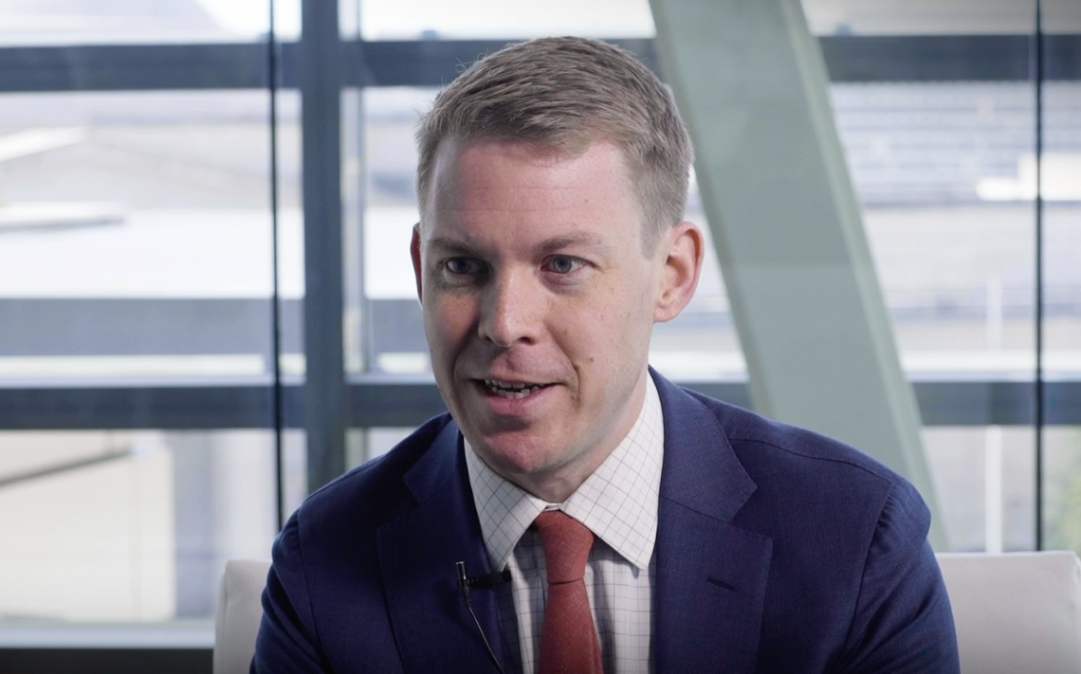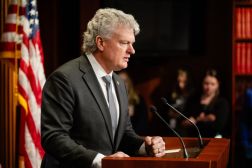VA seeks information on AI governance framework

The Department of Veterans Affairs is seeking expertise from the public regarding the implementation of a framework for artificial intelligence governance and mitigating the technology’s risks.
The request for information, published last week, is part of an overarching goal to implement AI across the VA. The RFI notes that the agency seeks to minimize safety risks that involve privacy while leveraging the technology to enhance services and care to veterans. That “proactive approach,” the VA says, is aimed at preventing potential issues and “establishing a robust, responsive governance structure that includes policies, processes and guidance to address and resolve problems that may arise.”
The contractor ultimately chosen by the agency would be in charge of developing and operating a “comprehensive, robust AI governance process and program at VA,” according to the request. Additionally, the contractor would be responsible for supporting the VA’s current AI use case intake, inventory and review processes.
“AI is about to be embedded into almost every new product and service and it is critically important for VA to lead by example in establishing and adhering to rigorous standards,” the RFI states. “By doing so we ensure that the AI technologies we adopt, develop or use not only enhance our ability to serve veterans but do so in a way that aligns with our core values.”
Some of the outcomes that the VA is looking to foster include an established AI management framework, efficient AI use case management, data integrity, enhanced service delivery, improved services for veterans and more.
The RFI is the latest of many VA efforts on the technology, following its release of an AI strategy, disclosures of various AI use cases, and reported explorations into generative AI pilots, smart home technologies and medical transcription services.
The agency has also been the subject of substantial congressional scrutiny over modernization system upgrades, a supposed lack of AI disclosures and inadequate tech contractor sanctions and ongoing issues with its electronic health record modernization initiative with Oracle Cerner.
Charles Worthington, the VA’s chief technology and chief AI officer, has maintained that the VA’s technical infrastructure is “on pretty good footing.” In a previous interview with FedScoop, Worthington said that the department is trying to take advantage of the technology and also building a framework that will “allow us to safely use and deploy these solutions to make sure that we’re upholding the trust that veterans put in us to manage their data securely.”
In the same interview, Worthington said the VA was holding AI governance council meetings, where they were discussing how the agency might approach managing the AI use case inventory and the policies that could be used for the technology.
“In my opinion, integrating AI with more traditional types of software is going to be one of the biggest challenges of the next 10 years,” Worthington said. “VA has got over a thousand systems and to really leverage these tools effectively, you’d ideally like to see these capabilities integrated tightly with those systems so that it’s all kind of one workflow, and it appears naturally as a way that can assist the person with the task they’re trying to achieve.”






